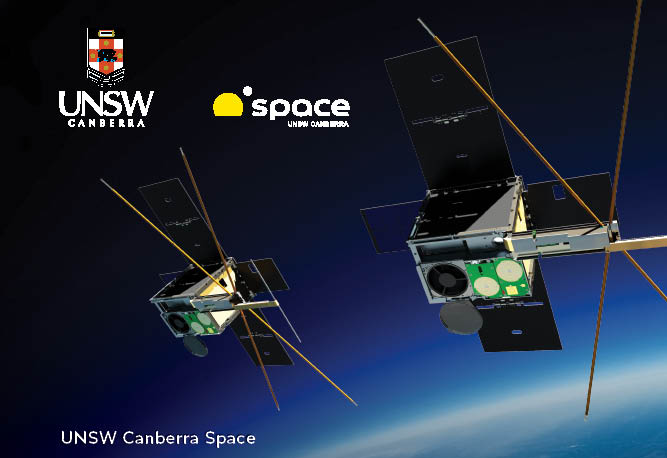University of Adelaide and UNSW defence initiative has been awarded $50 million under the Australian government’s Trailblazer Universities Program (Trailblazer). It is the second Trailblazer bid to be endorsed and will receive a share of approximately $250 million in government funding.
The two universities will join forces to lead research commercialisation initiatives to strengthen Australia’s defence capabilities and assets over the next 10 years.
Federal government funding of $50 million has been matched by $50 million from the University of Adelaide and UNSW, and $10 million from the CSIRO. Over 50 industry partners have expressed support for the initiative and have committed more than $140 million in capital and in-kind contributions.
UNSW Vice-Chancellor and President, Professor Attila Brungs, said that UNSW was proud to be leading Australia’s efforts in research commercialisation to support the nation’s manufacturing priorities.
“We are delighted to be able to work with the University of Adelaide and industry partners on research projects that develop into real-world outcomes. The program will drive a step change for Australia in the defence related industries.
“University-industry collaboration is imperative to ensure that research gets translated into outcomes that benefit all of Australia. We have a proud track record at UNSW of quantum, cyber, hypersonics, robotics and space technology research which are supporting Australia’s national capability.”
Professor Peter Høj, Vice-Chancellor and President, University of Adelaide said: “The University of Adelaide is proud to be named alongside our partner, the University of New South Wales, to assist the country’s economic recovery with the Defence Trailblazer: Concept to Sovereign Capability (CSC) project.
“CSC will result in a profound and transformative change to our defence innovation landscape, and will meet a long-held ambition to build more sovereign capability for the Australian defence sector.
“The University of Adelaide will apply its research expertise in defence-relevant areas, notably quantum materials, hypersonic countermeasures, information warfare, space and artificial intelligence, to help improve Australia’s sovereign capability.
“CSC will grow Australian prosperity by creating new sovereign defence capabilities and strengthening supply chain resilience, all nested in the national interest.”
Two universities with a long and proud history of partnering with the defence sector
The University of Adelaide and UNSW’s Defence Trailblazer: Concept to Sovereign Capability project will see the two universities join forces to lead a range of new research commercialisation initiatives to strengthen Australia’s defence capabilities and assets.
Both universities have partnering arrangements with some of Australia’s largest defence companies and SMEs and new companies spun out of them. Researchers will work alongside industry in both Defence and civilian market sectors to translate university research projects to successful innovation and manufacturing.
Vice Admiral (Ret’d) Professor Paul Maddison, Director of the UNSW Defence Research Institute, said: “The CSC is designed to transform the defence innovation ecosystem in ways that will enable research and industry innovators to quickly fix on Defence’s priority research challenges, rapidly secure capital for collaborative ideation, proto-type potential solutions, commercialise the winners, and accelerate the transition of competitive advantage capabilities into the hands of ADF operators deploying across a highly volatile geo-strategic environment. Key to success will be stronger collaboration between government, industry and universities, built on a trust-based cross-sector culture anchored in shared risk, shared problem solving, shared success, and a shared sense of strategic urgency.”
Dr Stephen Rodda, Chief Innovation & Commercialisation Officer at the University of Adelaide and bid-lead for the project said: “CSC will expand Australia’s defence industry capabilities to develop and service international export markets with strategic partners through measures including assistance to develop supply chains, transfer of IP protection expertise, transfer of cybersecurity expertise, and promotion of government and private support programs to deliver new technologies for the defence sector and, importantly, civilian markets, where possible.”













